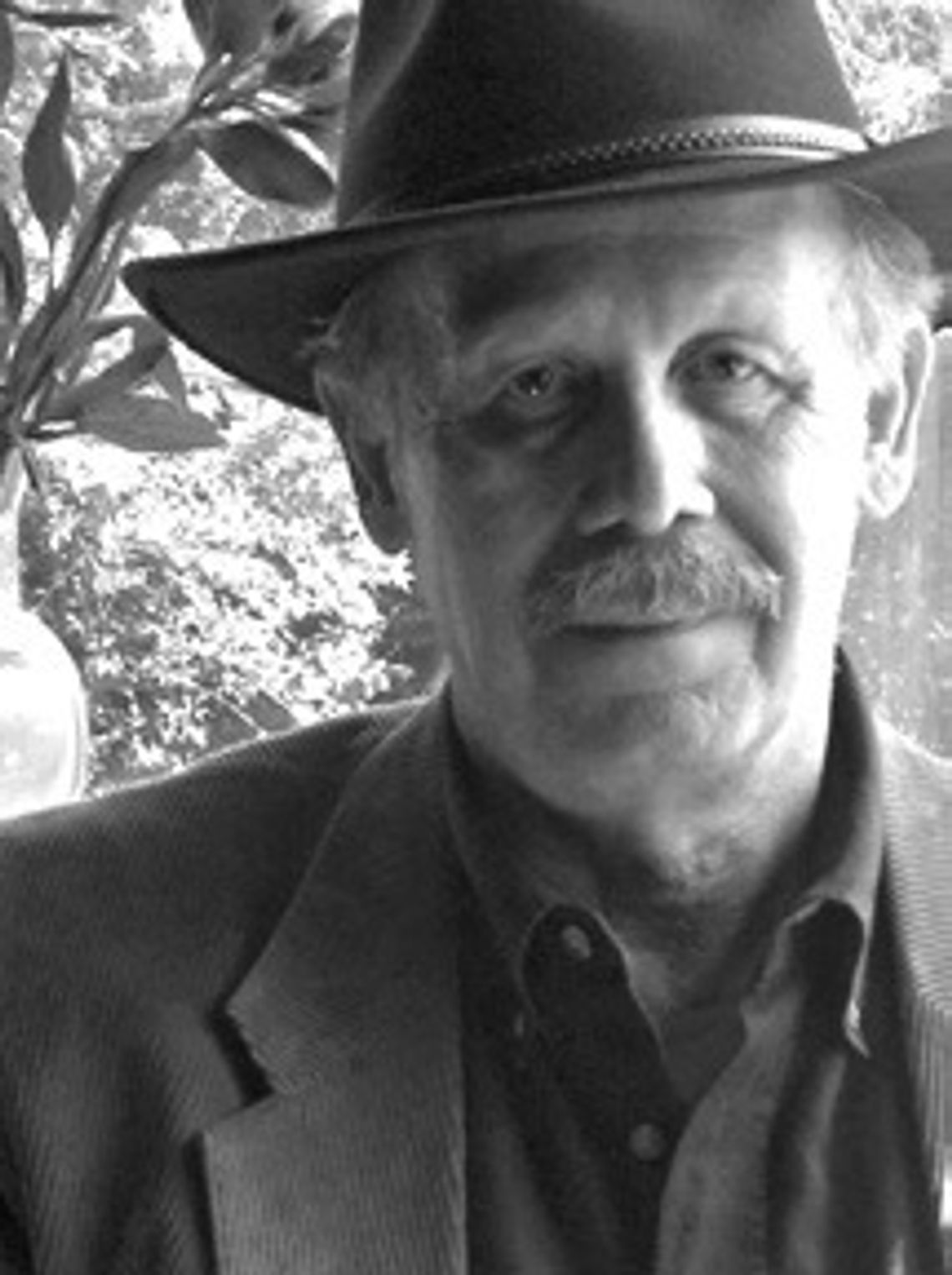Speaking in public for the last time on Mar. 18, 1863, Sam Houston told the citizens of the town that bore his name, “The welfare and glory of Texas will be the uppermost thought while the spark of life remains in this breast.”
Two years earlier almost to the day, the governor had polled four trusted friends on President Abraham Lincoln’s secret offer of federal troops to keep him in office and Texas in the Union. Going along with the majority opposed to the reckless proposal, the 68-year-old General ruefully remarked, “Gentlemen, I have asked your advice and will take it, but if I were ten years younger I would not.”
Having already refused to swear allegiance to the Confederacy, Houston had no alternative but to resign. On his way east from Austin, he stopped in Brenham for a speech disrupted by “a howling mob.”
A wealthy planter waving a loaded revolver warned the hecklers, “I and a hundred other friends of Governor Houston have invited him to address us and will kill the first man who insults or attempts to injure him. There is no other man alive who has more right to be heard by the people of Texas!”
The week after the North and South went to war, Houston blamed the bloodshed on his would-be benefactor. He called the president “precipitate and foolish” and insisted Lincoln “should have left the South alone.”
With armed conflict an irrevocable fact, Houston was forced to choose sides. “So long as there was a hope of obtaining our rights and maintaining our institutions, I was for preserving the Union,” he explained at Independence on May 10, 1861. “The time has come when a man’s section is his country. I stand by mine.”
Houston then turned his attention to a pressing personal concern, but there was no talking his 18-year-old namesake out of enlisting. Fortunately Sam Houston, Jr. chose a Confederate company under the command of Ashbel Smith, an old friend who promised the concerned father that he would look out for his headstrong offspring.
Toward the end of 1861, Sam took sick, and the major illness sparked rumors of his demise. He was, however, soon strong enough to quip, “Tell my enemies that I am not dead, that Sam Houston still lives!”
The defiant declaration seemed tragically premature a few weeks later, when he suffered a serious relapse. Told by his physician that the end was near, the patient prepared to meet his maker.
Ever mindful of his unique place in history, Houston dictated his dying words to the reliable Ashbel Smith. “It is my misfortune to be a prophet like Cassandra for my warnings are disbelieved. This war will be disastrous to the South and to Texas. The Northern armies will cut the Confederacy asunder.”
After his remarkable recovery, Houston did not disavow the depressing deathbed statement. He had seen the future and to deny the validity of his vision would have been dishonest.
Houston personally congratulated Gen. John Bankhead Magruder on his brilliant New Year’s Day 1863 liberation of Galveston from Yankee occupation. “You have breathed new life into everything,” he wrote in a trembling hand.
Those Houstonians present for the old warrior’s curtain call in March 1863 had trouble hearing their old hero. Age had reduced his booming baritone to hardly more than a whisper, and eyewitness accounts in the newspapers confirmed his appearance was as feeble as his voice.
Despite the General’s poor health, many Texans thought the real purpose of his swing through Houston and Galveston was to drum up support for a third gubernatorial campaign. In truth, he had even bolder ambitions.
Houston hoped to singlehandedly pull his beloved Texas out of the Confederacy and the Civil War. He simply would proclaim himself “the lawful magistrate of the state” and order all native troops to come home. The Lone Star Republic would be reestablished, and Texas would sit out the conflict as a neutral nation.
Misinterpreting the polite reception in Houston for political support, he divulged the details of his daring scheme to two loyal associates. They pleaded with him to forget the preposterous plan and never to breathe a word of it to anybody else.
Houston went home to Huntsville a broken man. For almost half a century, he had shaped history with his bare hands. Now he was an impotent spectator, an intolerable role for a man of action.
His dream of saving Texas shattered, Houston no longer had any reason to cling so stubbornly to life. In early July, he gave himself just 15 days to live.
He was not far off. On the evening of Jul. 26, 1863, Sam Houston stirred from a pneumonia coma and muttered, “Texas! Texas! Margaret!” A moment later, the Hero of San Jacinto was gone.
Choose from “Depression-Era Desperadoes,” “Texas Boomtowns,” “Murder Most Texan,” “Unforgettable Texans” and “Texas Entertainers.” Mail your check for $24.00 each to Bartee Haile, P.O. Box 130011, Spring, TX 77393.
The last days of Sam Houston
Speaking in public for the last time on Mar. 18, 1863, Sam Houston told the citizens of the town that bore his name, “The welfare and glory of Texas will be the uppermost thought while the spark of life remains in this breast.”
- 03/13/2024 05:00 PM











